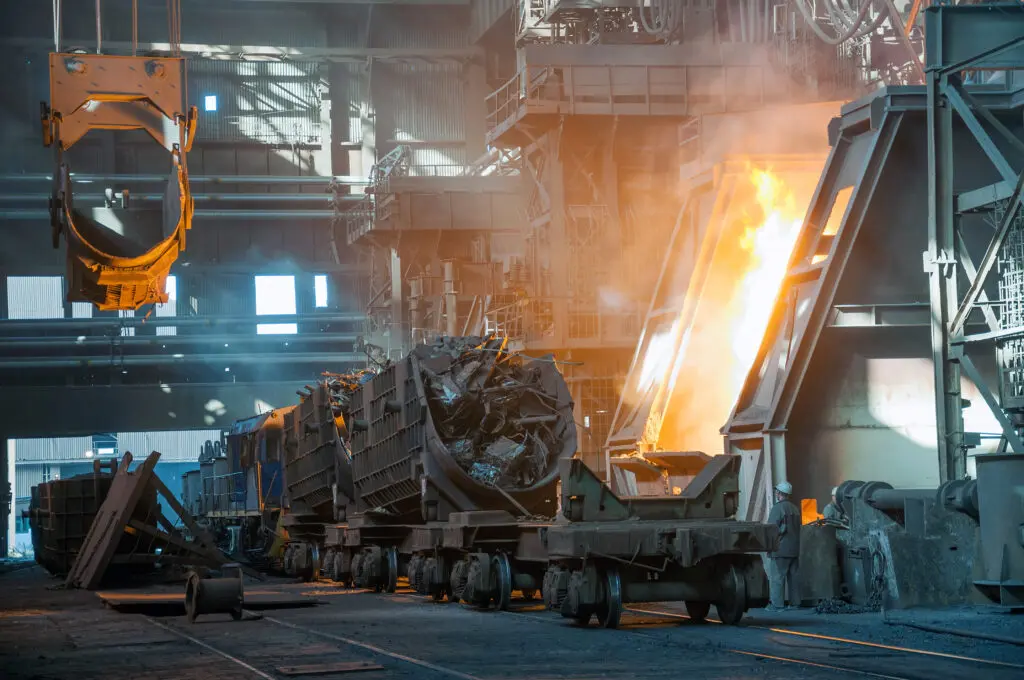The European steel market is likely to experience a deeper-than-expected recession in 2023 with a 3% decline, according to Eurofer.
The steel manufacturers’ association says factors hanging over from 2022 – high energy prices, production costs, war in Ukraine – continue to feed uncertainty. A stronger recovery of 6.2% is projected in 2024. However, that requires more favourable conditions in the overall industrial outlook. Imports still maintain a historically high share of the market at 22%.
‘The EU is at a critical juncture to achieve its decarbonisation, circularity and strategic autonomy targets, for which steel is a key enabler,’ says director general Axel Eggert. ‘Supporting European green steel becomes therefore crucial to drive the uptake of renewables, hydrogen and the cleantech economy in the EU.’
Ferrous scrap prices dip
Prices for Turkish imports of ferrous scrap began to recover in early August. They had suffered a persistent decline throughout July. This saw prices slide from US$ 377.50 per tonne CFR at the beginning of the month down to US$ 350.25 on 31 July, according to data from Platts, part of S&P Global Commodity Insights.
Turkish mills were marred by their inability to sell finished steel in both the export and domestic markets for most of July. They took the opportunity to lower prices and imported very sporadically.
Platts notes that prices eventually bottomed at US$ 349.50 on 4 August when Turkish mills needed to replenish their inventories to support domestic sales. Prices recovered to US$ 374.50 by 25 August as the mills restocked and domestic rebar sales improved.
Tight spread
As scrap prices recovered, the outright Turkish spread between export rebar and import ferrous scrap hovered at a two-year low throughout much of the two months and narrowed to US$ 191.50 on the 17 August, the tightest spread since March 2021.
Given scrap to rebar conversion costs of around US$ 200 per tonne, Turkish mills struggled to export rebar at break-even prices as they battled to compete in the global markets.
As of 29 August, the forward curve for Turkish ferrous scrap derivatives on the London Metal Exchange, which settle against Platts’ physical spot markets price assessment, was largely flat for the September-November period. This highlightes traders’ uncertainty over physical scrap prices in the near-term.
You can read the full ferrous scrap analysis in our latest issue >>
Don't hesitate to contact us to share your input and ideas. Subscribe to the magazine or (free) newsletter.



